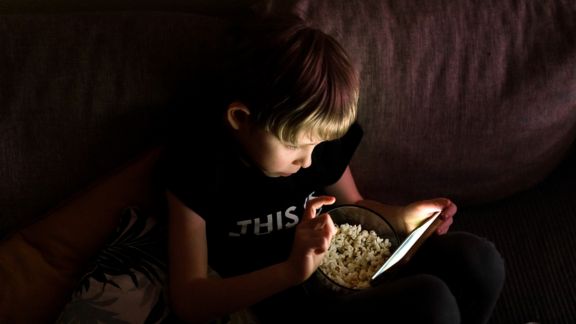LEO Friends of the Children Follow-up Interviews

Problem
Entering the welfare system can have dramatic and lasting effects on a child’s future.
Roughly one-third of all children in the United States will have contact with the child welfare system before they turn 18. For Black children, the share is more than one-half. Overall, racial and ethnic minorities and low-income children are overrepresented in foster care compared to the general population.
Time spent in foster care predicts a wide range of adverse outcomes throughout childhood and adulthood, affecting physical and mental health measures, labor market outcomes, and criminal behavior. Recent research suggests a causal link between household income in a child's family of origin and the need to place that child in foster care, implying that improving economic conditions for families can reduce incidents of neglect and the need for removal and break the intergenerational cycle of poverty and neglect.
However, few sustainable, scalable intervention models have demonstrated an ability to decrease the need for child protective services. One intervention that might is the Friends of the Children 2-Gen program, a holistic approach to supporting caregivers and children in families at high risk of child protective services involvement. Because the 2-Gen model operates at multiple chapters throughout the United States, a multi-site, well-identified evaluation with consistent data collection across sites is needed.
Solution
NORC will conduct post-intervention follow-up interviews with caregivers and children.
The Wilson Sheehan Lab for Economic Opportunities (LEO) and their partner organization, Friends of the Children (FotC), will onboard and follow enrolled children and their parents/guardians in several FotC programs nationwide, to evaluate a new intervention using the support of professional mentors that attempts to keep children and their families out of the welfare system. Across five different sites, FotC will conduct trainings with all parents/guardians, and follow up with an experimental group for more involved assistance.
NORC will collect the follow-up data to support the evaluation of the impact of this intervention at the one-year and three-year post-intake interval, conducting 600 face-to-face interviews with the parents and guardians of FotC-sponsored children over the next several years as children and families participate in the interventions.
Result
This research will help to inform decisions to expand programs to more families.
The information collected in the follow-up interviews over time will be combined with data collected at the time of the intervention. If the data shows evidence of this intervention being effective in improving outcomes, these findings will increase the ability of Friends of the Children to expand the program and ultimately serve more parents and children.
Learn More About the Study
To learn more about this project, visit the Wilson Sheehan Lab for Economic Opportunities (LEO).
Related Tags
Project Leads
-
Jeff Dominitz
DirectorProject Director -
Lauren E. Seward
Senior Research DirectorSenior Staff -
Benjamin Schapiro
Research ScientistSenior Staff






